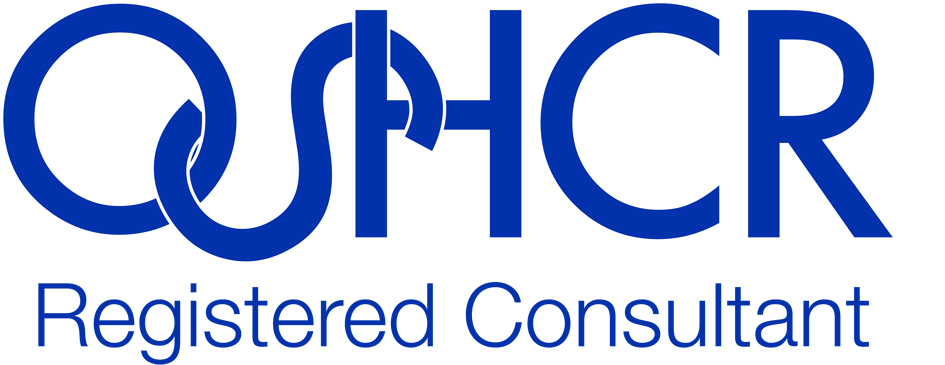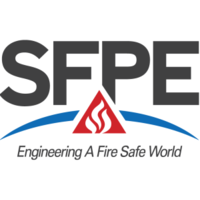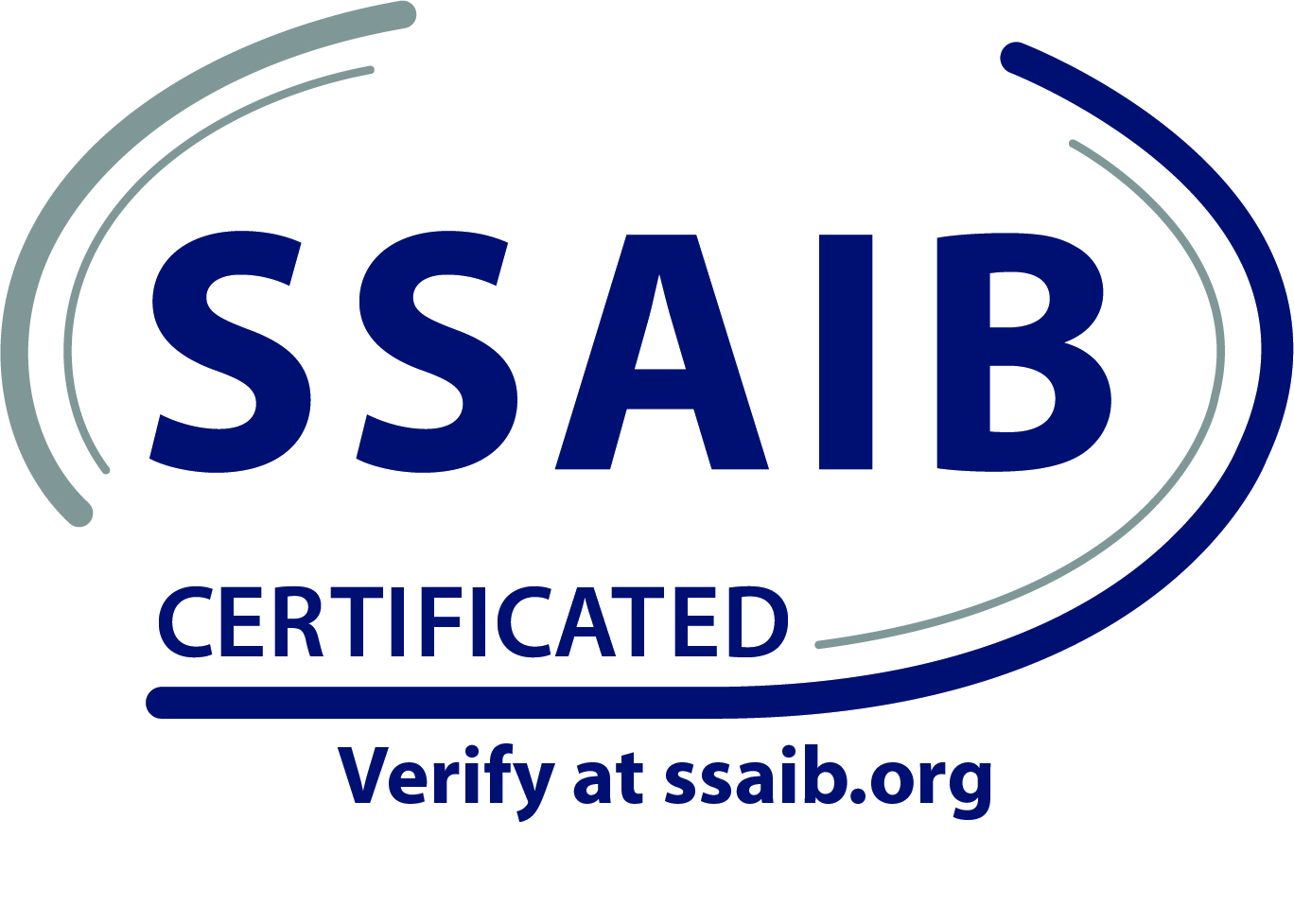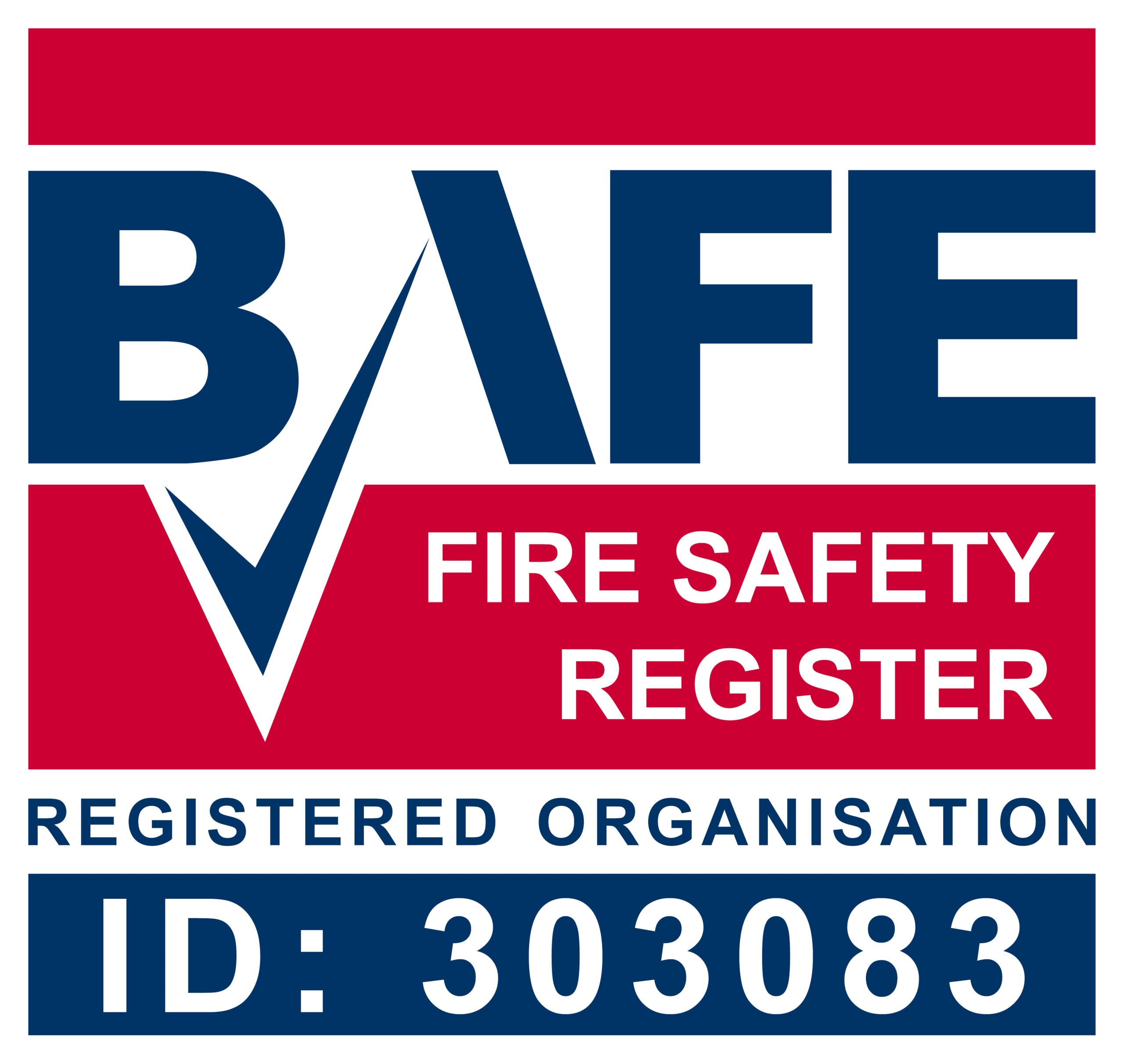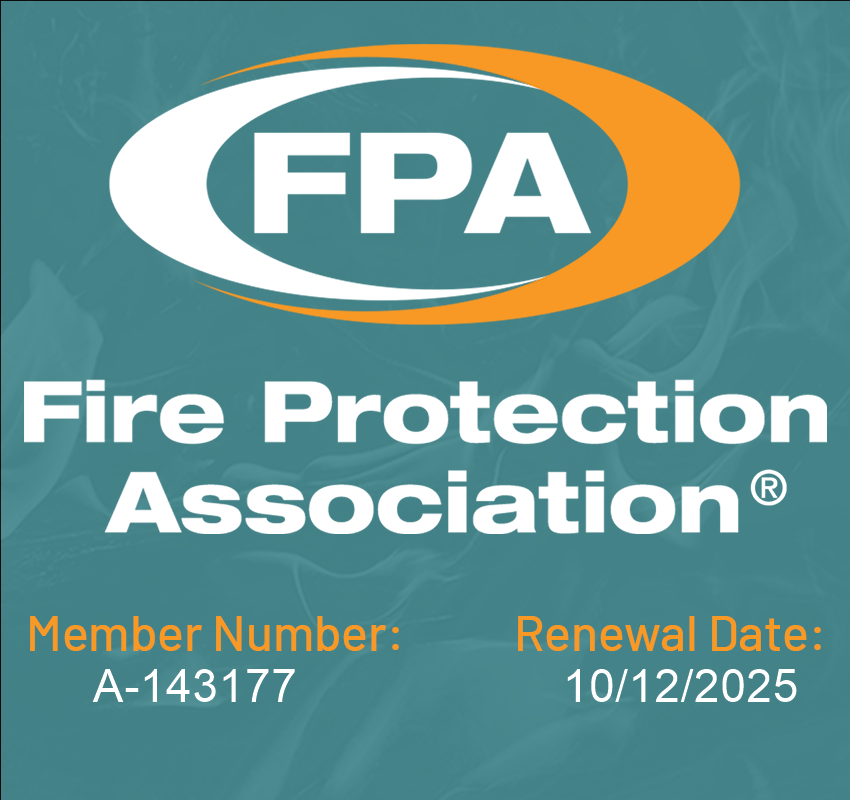Your Quick Guide To DSEAR
When it comes to the safety of your employees, a DSEAR risk assessment can help to protect people from risks to their safety in the workplace and to members of the public who may be at risk. If you use dangerous substances in your workplace, they could threaten your employees, and if not properly controlled, they could cause harm to people and your plant and equipment.
DSEAR places duties on employers, which revolves around the protection and safety of its employees and the general public. This informative blog post is your quick guide to DSEAR, we will share what it stands for and what it is when it is relevant, and some of the different types of dangerous substances.
What Does DSEAR Stand For?
DSEAR stands for Dangerous Substances Explosive Atmosphere Regulations. DSEAR is the primary legislation that applies to controlled substances that could potentially cause fires and explosions in the workplace.
The DSEAR legislation requires employers and the self-employed to assess the risk of explosions and fires that dangerous substances in the workplace could cause.
When is DSEAR Relevant?
DSEAR applies whenever an employer or self-employed person carries out work and when a dangerous substance is present in the workplace e.g. aerosols/gases. DSEAR is also relevant when dangerous substances present a risk to the safety of people as a result of explosions, fires or similar events.
There are different activities covered by DSEAR, including the storage of petrol as fuel, use of flammable solvents in laboratories and handling, storing and use of gases under pressure. Our team at Fire Safety Partnership can discuss in full detail what we can assist with in terms of your DSEAR assessment.
Some Examples of Dangerous Substances
Many substances pose a threat to people’s safety and can cause fires, explosions or similar events to occur. Examples of some substances that come under DSEAR include pressurised gases, solvents, varnishes, paints, liquid petroleum gas, biomass generation and substances corrosive to metal and dust.
How Fire Safety Partnership Can Help
Our experienced and qualified team can assist you with identifying what dangerous substances are in your workplace, what the risks are, what control measures you can put in place, and provide DSEAR assessments for dangerous and explosive atmospheres. Fire Safety Partnership can help in more ways, and you can check out our full DSEAR services here.


